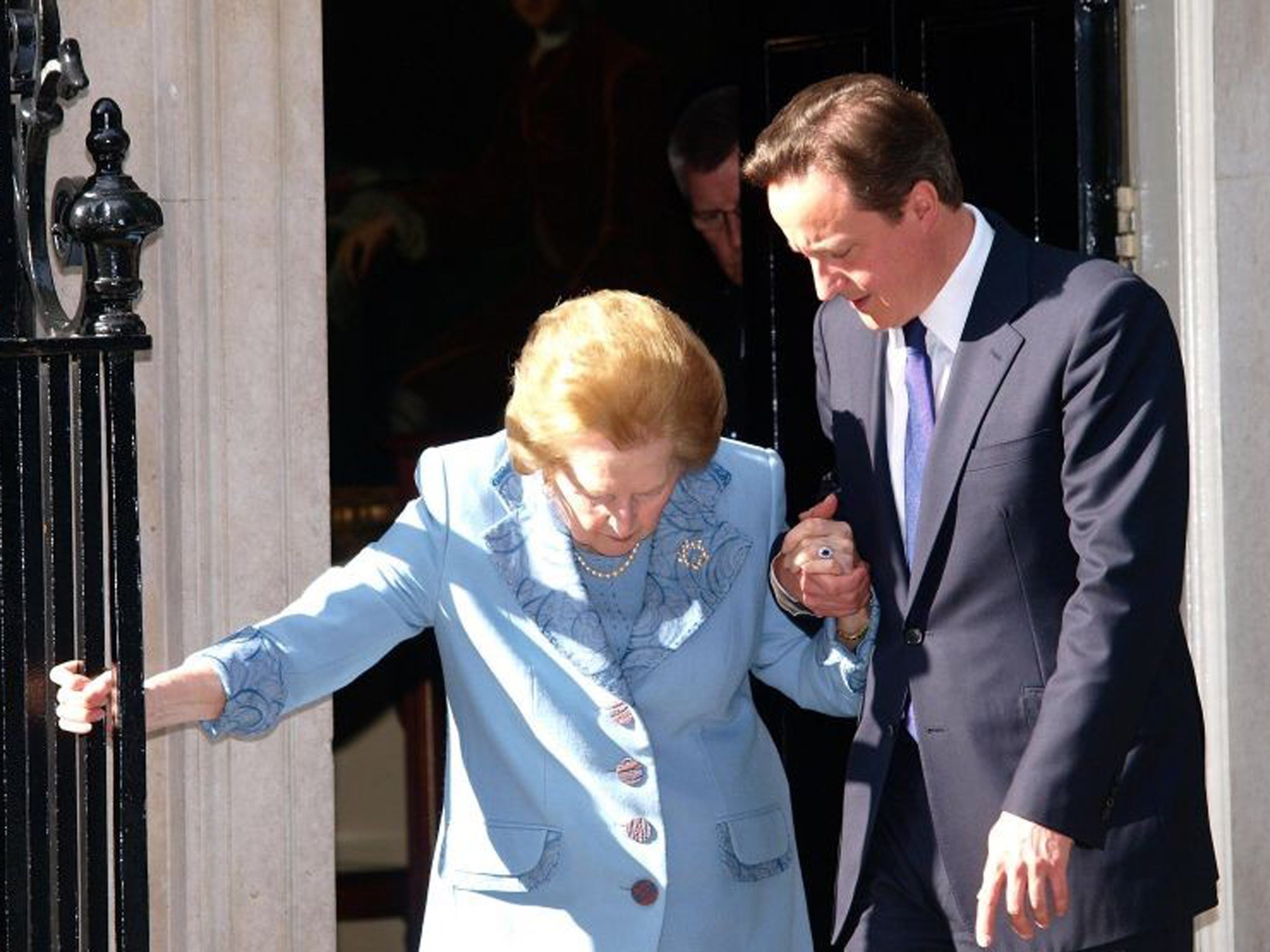Stroke factfile: the killer which affects 150,000 a year

Your support helps us to tell the story
From reproductive rights to climate change to Big Tech, The Independent is on the ground when the story is developing. Whether it's investigating the financials of Elon Musk's pro-Trump PAC or producing our latest documentary, 'The A Word', which shines a light on the American women fighting for reproductive rights, we know how important it is to parse out the facts from the messaging.
At such a critical moment in US history, we need reporters on the ground. Your donation allows us to keep sending journalists to speak to both sides of the story.
The Independent is trusted by Americans across the entire political spectrum. And unlike many other quality news outlets, we choose not to lock Americans out of our reporting and analysis with paywalls. We believe quality journalism should be available to everyone, paid for by those who can afford it.
Your support makes all the difference.About 150,000 people suffer a stroke every year. A third make a good recovery within a month. Most however, have long term difficulties with speech or movement and the worst affected die.
Anyone of any age can be affected, though strokes are most common in the elderly. Around 20,000 a year happen in people under 65 and strokes can also affect children and babies.
There are two main types - a bleed in the brain called a haemorrhagic stroke, or a blood clot that blocks a blood vessel in the brain called an ischaemic stroke.
In both cases the effect is to deprive part of the brain of its blood supply, carrying oxygen and nutrients, which causes the affected brain cells to die.
When stroke strikes, fast action is essential to give the patient the maximum chance of surviving unimpaired. But in an elderly person such as Mrs Thatcher, already suffering from Alzheimer's disease, intervention following a stroke might be deemed cruel.
The chances of restoring her to her pre-stroke state would have been extremely slim. It can be kinder to let nature take its course.
Join our commenting forum
Join thought-provoking conversations, follow other Independent readers and see their replies
Comments